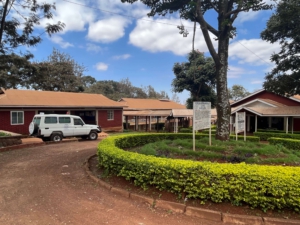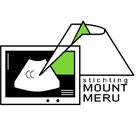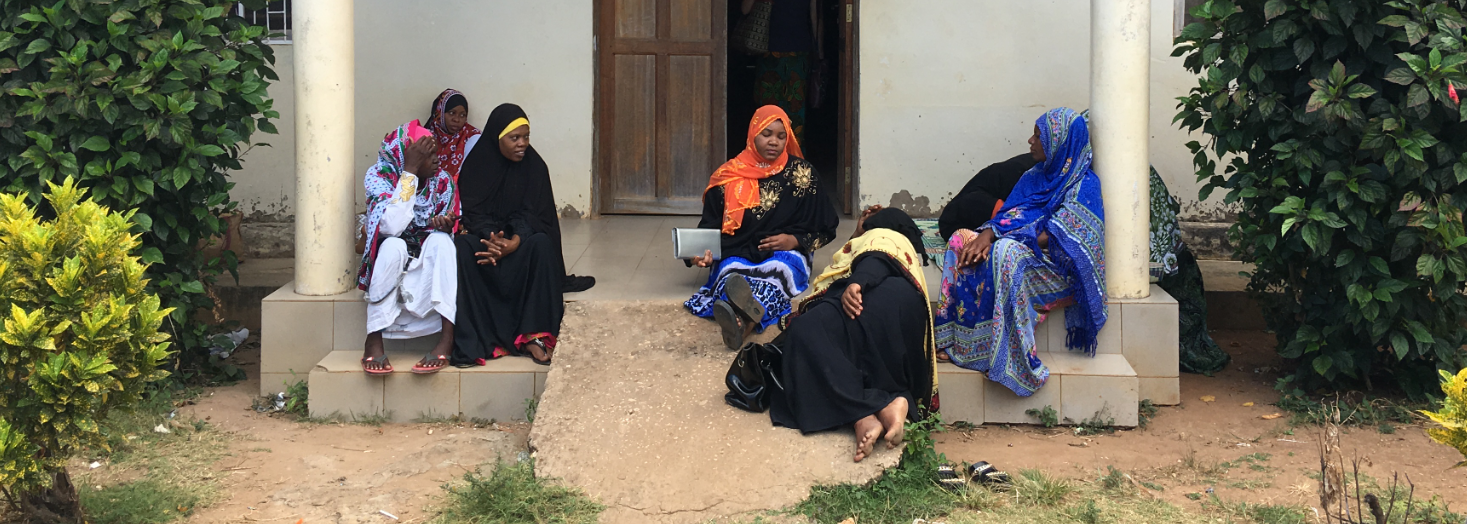improves mother and child care in Afrika
 The Mount Meru Foundation has returned safely from an impressive trip through Tanzania. In this blog series we would like to take you on a journey. We start in the north, where after some fantastic private safaris we meet in Karatu for our first project stop: the Lutheran hospital.
The Mount Meru Foundation has returned safely from an impressive trip through Tanzania. In this blog series we would like to take you on a journey. We start in the north, where after some fantastic private safaris we meet in Karatu for our first project stop: the Lutheran hospital.
The Lutheran hospital is located on the outskirts of Karatu. Upon arrival it is remarkably quiet. We immediately see the Mamabus in the driveway. With the help of Driving Nurses, it has been extensively renovated in the past year and is now almost ready to take action.
We are warmly welcomed by Dr. Heriel, head doctor at the hospital. The last time we saw each other was on home soil, in Turnhout, Flanders. At that time, the 'mobile ultrasound on the Mamabus' project was still in its infancy. Now we can see on site how things are going.
Dr. Heriel's presentation shows that the project is now starting to take shape: the official commissioning of the Mamabus is even planned for early November. We mainly discuss how we can get mobile ultrasound on the bus. There is sufficient interest from midwives, but it appears to be difficult to get the right candidates admitted to the official local ultrasound training.
The Mount Meru Foundation works according to the three-pronged principle of 'training, guiding and equipping'. First, we sponsor the local basic ultrasound training. We then provide an additional two-week hands-on training by a local ultrasound expert, so that the candidate can gain more expertise in obstetric ultrasound. We then examine whether it is of added value to equip the candidate with a mobile ultrasound device.
At the moment, the bottleneck at the Lutheran hospital is mainly training. The local ultrasound training courses have been at a standstill for a number of years and are only slowly getting started again. The resulting waiting lists for admission cause delays in training. We discuss with Dr. Heriel the steps needed to be able to offer mobile ultrasound at the Mamabus in Karatu in a relatively short period of time. We will keep you informed of further progress!
In our next blog we will take you to the rural areas of Karatu where we could see with our own eyes the usefulness and necessity of this project.




